How frustrating can this be?
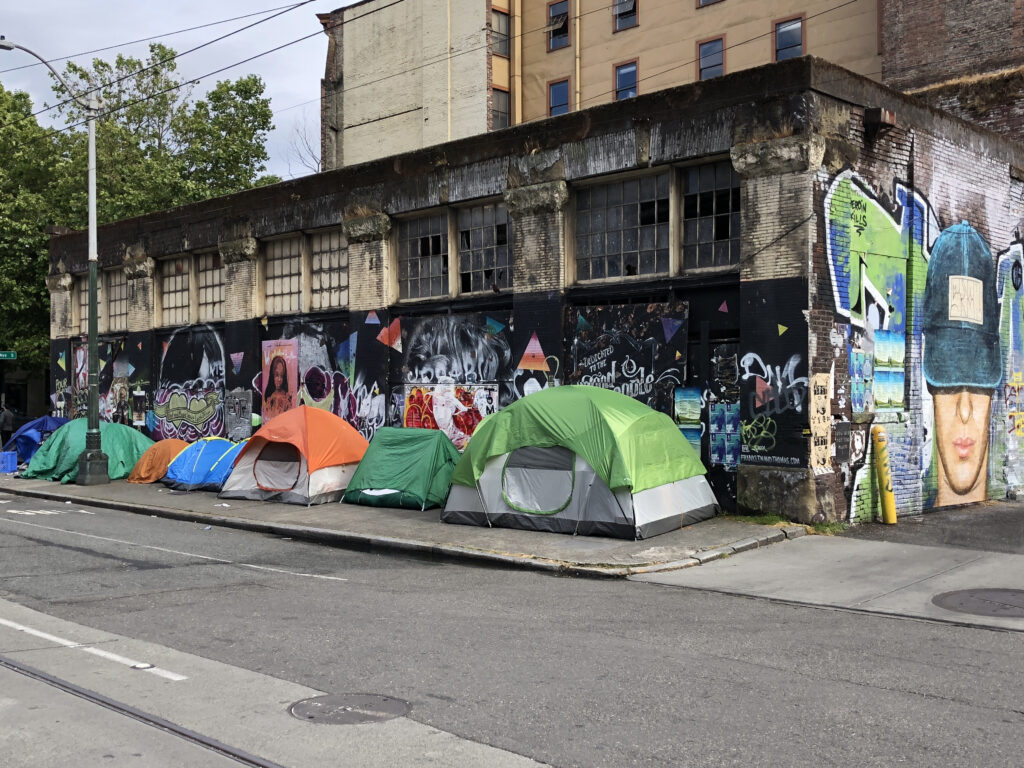
Walking, cycling, driving or just standing on a street corner on the streets of Seattle, San Francisco or Los Angeles is a nightmare. Drug use and abuse, mental health issues clearly visible, public safety concerns left and right, tents on sidewalks, seemingly everywhere, parks taken over by tents, ram shackled RV’s parked on street after street.
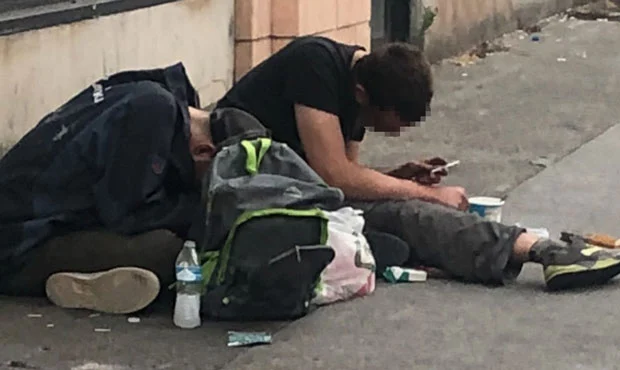
This is not new. But it is getting worse, not better, as the years pass.
Seattle, for example, has the 3rd highest number of homeless in the country, only following New York City and Los Angeles. Seattle has more homeless than San Francisco, Chicago and Washington DC. And more are coming to the Seattle/King County area every year.
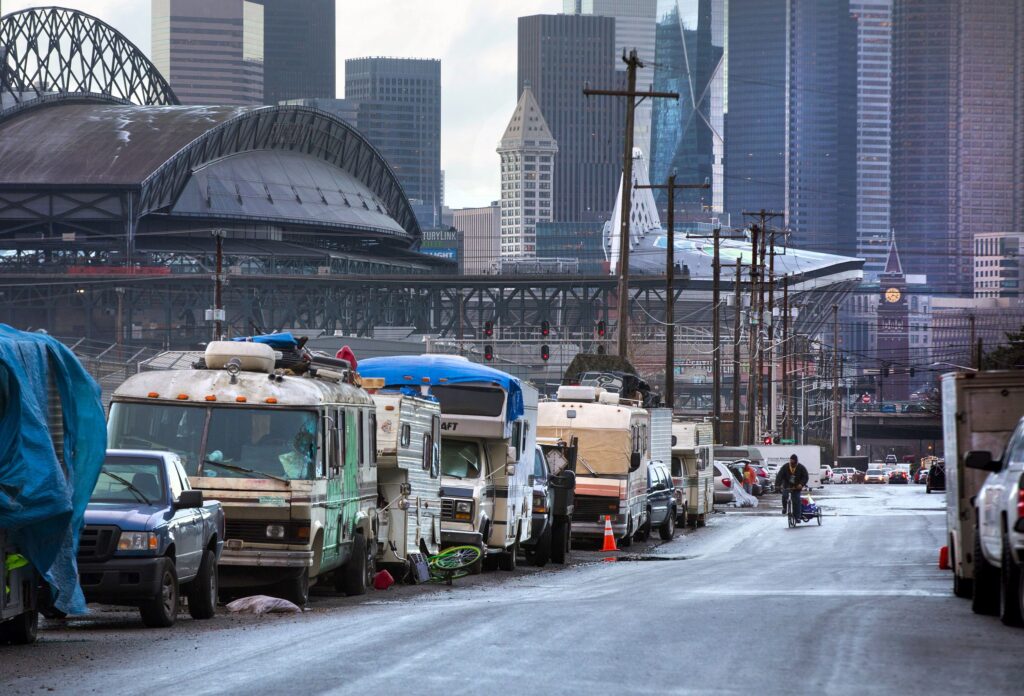
Jonathan Choe at the Discovery Institute in Seattle, ex KOMO news reporter, has been capturing the reality of what is going on in our streets, on our sidewalks and in our parks. His videos are accessible on https://www.discovery.org/p/choe/
This issue is particularly poignant for me. I spent three years in the mid 90’s in the Philippines and much of that time in Manila. Manila has the highest rate of homelessness of any other city in the world according to the United Nations Commission on Human Rights. When I was there, my job was to upgrade and add to their passenger rail system. Here is a picture of what has happened to the rail rights of way throughout Manila. Homeless squatting within the railroad right of way.
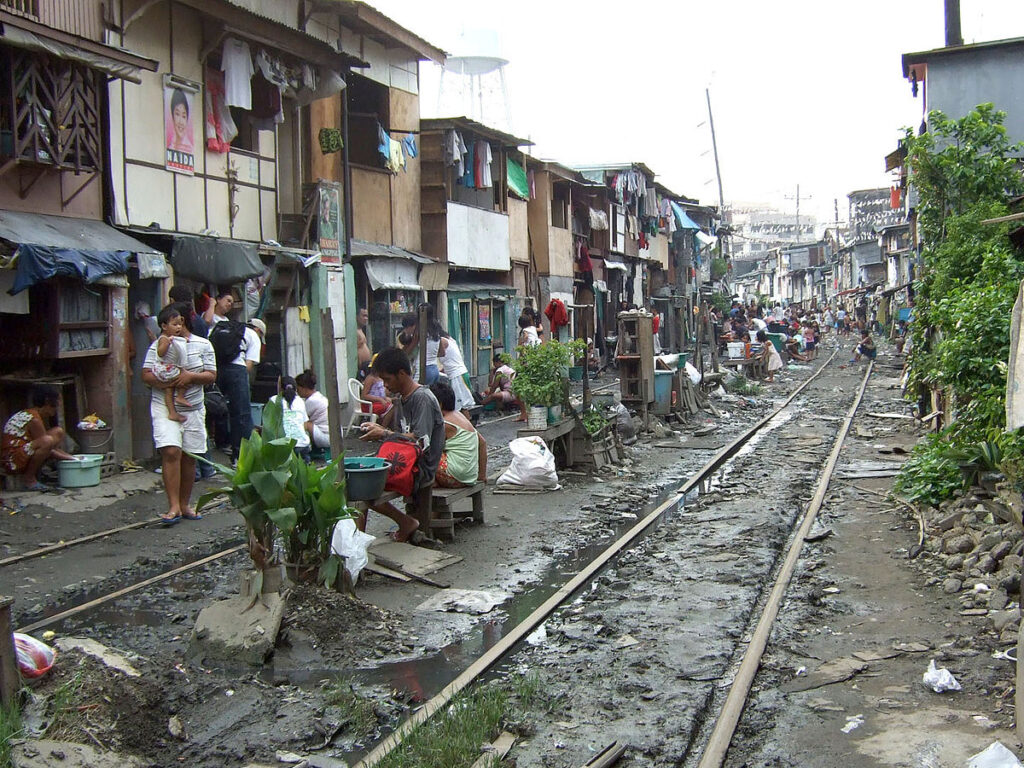
What is so frustrating to so many of us, myself included, is the apparent inability of government at all levels to be able to do something about this – this being what is called by many, homelessness.
Homelessness is really a misnomer because it implies that the issue is simply getting a roof over people’s heads. Instead of a tent, let’s find a room for the individual to live in.
The reality is that the issue is much more than a housing problem. It is a mental health problem. It is a substance abuse problem. It is a public safety problem.
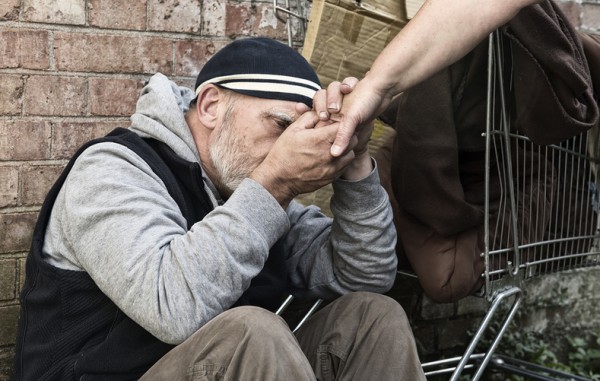
So, out of frustration, I have some suggested approaches to deal with the homeless problem. I will outline these in future blog posts.
I do so with one huge caveat. I am only an observer. I do not have any experience with the issue, nor do I have any knowledge of all that is being done. So, these are just my thoughts, uninformed and from a safe distance from what is really going on in government offices and on the streets.
Having said that, first and foremost, government needs to stop approaching homelessness as a housing problem. Housing is a part of the problem, but just as important are the mental health, substance abuse and public safety components of the problem.
Stay tuned for future posts.
Your conclusion that “government” has prescribed housing as the only cure for homelessness is simply inaccurate. Government officials, non-profit agencies and advocates for the homeless have long recognized the mental health, substance abuse, employment, and other social service needs of the homeless, as well as their need for affordable housing. Take a look at the website of Project Home (projecthome.org) in Philadelphia, which has a track record over several decades of providing both subsidized housing and a range of services that has changed lives in this city.
Every society has a small percentage of its members who have extreme difficulty coping with the responsibilities of everyday living: getting and keeping a job, getting treatment for mental health and substance abuse, and developing social ties. One significant measure of any society (nation, state, or locality) is the level and quality of its commitment to supporting those citizens who are least able to help themselves. I would argue that America, starting with policies adopted by Ronald Reagan, has failed the test of community and solidarity, as the richest 1% of our society have been allowed to amass wealth at an unbelievable scale at the expense of everyone else, including our society’s investment in public housing and social services which has declined in real terms over the past several decades.
Amen
Both of you are so right! I was a NYC resident for 55 years, sometimes stepping over or around those bodies, even in Grand Central, though not in my neighborhood. I knew friends who worked that problem when I was at the FF way back in ‘67-‘76, and Brian’s right. It’s not “just” housing as either the problem or the cure, but that and more. What seemed promising was what I knew as “supported housing,” housing with a concoction of social/mental services from counselor/coaches, which was very hard to do. I’ve lost track of how that was working, but clearly our socio-economy keeps shedding these folks who can’t find a way to fit well in it. I look forward to your observations!
“The moral test of government is how that government treats those who are in the dawn of life, the children, those who are in the twi-light of life; the elderly and those who are in the shadows of life, the sick and the needy.”
Hubert H. Humphrey
I would add that there are too many homelessness agencies (government and non-profits) that are fragmented with bloated executive salaries.
Recently a tiny home village with 40 small homes, all equiped with running water and heat was ready for occupancy in the Rainier Beach area. The opening was delayed because there weren’t funds allocated to operate the “village.”
A seperate foundation, Low Income Housing Institute came up with $250,000 so the village could open.
Shouldn’t the operational funding been part of the project? If the LIHI hadn’t come forward, the village would probably still be sitting empty.
Neil, Brian and others – Neil is certainly right that this is a growing problem, and yet it is not a new problem for American cities. The Bowery bums in NYC have been with us for as long as I can remember. Brian is also right in stating governments has provided a variety of services for these persons unable to cope with daily life. It seems that we will always have a segment of society that cannot cope because of mental illness, addictive behavior or loss of family support.
It seems to me that it takes an enormous amount of political will to put in place effective programs for the homeless. Even a very progressive city such as Seattle has been unable to muster the political will to develop effective programs for these people.
But government ought not be the final and only means for helping the homeless. Nonprofit agencies with the help of donations from the private sector can help those in need. The tiny homes project which our church in Seattle has supported has built homes, guided many homeless off the streets and given homeless a leg up out of their predicaments. These small efforts have worked have worked for many people. This is not systemic solution but it has made a difference for many. So, even if governments can’t get the job done, there are other means for helping these unfortunate people.